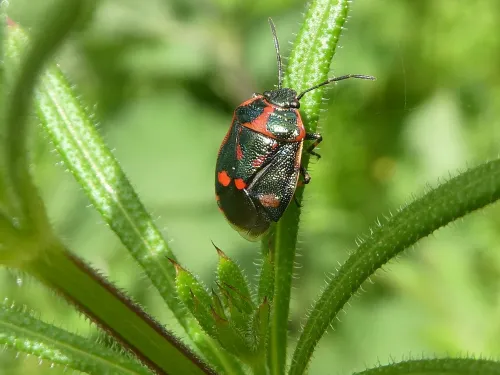
New data suggest that insect life continues to decline in Kent
The troubling extent of insect declines in Kent has been highlighted once again by the results of the 2025 Bugs Matter citizen science survey published today

The National citizen science survey of ‘bug splats’ on vehicle number plates to monitor flying insect abundance.
Thank you so much to everyone who took part in 2025. Together you recorded more journeys than any other year! We've analysed the results and found that the records show an alarming annual average decline in insect splats of 19% across the UK since the survey began in 2021.
Bugs Matter Dashboard - Beta version
Discover even more of the survey data with our new dashboard. Here you can explore the number of journeys, distances travelled, splats counted and how the numbers change depending on time and location. Plus see who's logging the most journeys and which regions are top for participation.
Please note that this is currently a beta (test) version and there are still some tweaks to make.
Extending the survey into the Republic of Ireland for the 2025 season is supported by the Amazon Web Services (AWS) Imagine Grant ‘Go Further, Faster’ Award received by Bugs Matter at the end of 2024. This grant provides vital resources to non-profit organisations looking to deploy cloud technology as a central tool to achieve their mission goals, and is providing Bugs Matter with a combination of funding, cloud computing credits, and engagement with AWS technical specialists. This marks an important step in building a more complete picture of insect populations across the British Isles, and future expansion of the Bugs Matter survey.
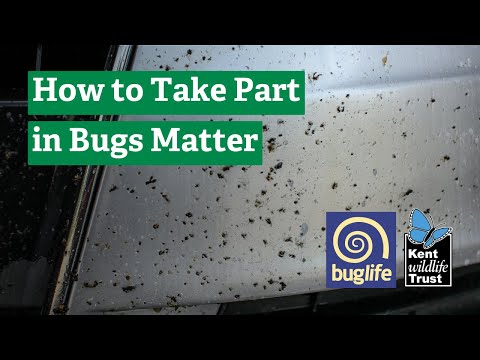
We have created some free resources for you to print at home to help you remember to log your splats, including a print-out to stick on your fridge or front door, and a stand-up to put on your car dashboard when your car is parked.
Each print-out comes with two resources, so you can use one for yourself and share the other with a friend or family member, encouraging them to take part too!
Since 2023, Bugs Matter has gone digital, eliminating the need for paper splatometers! This makes it even easier for you to participate - no waiting for a splatometer to arrive in the post. Simply count the bug splats across your entire number plate and use the new virtual splatometer to get the best photograph possible! It also helps us reduce printing, paper and postage needs to promote a more sustainable and efficient survey.
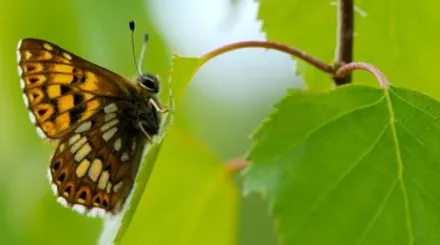
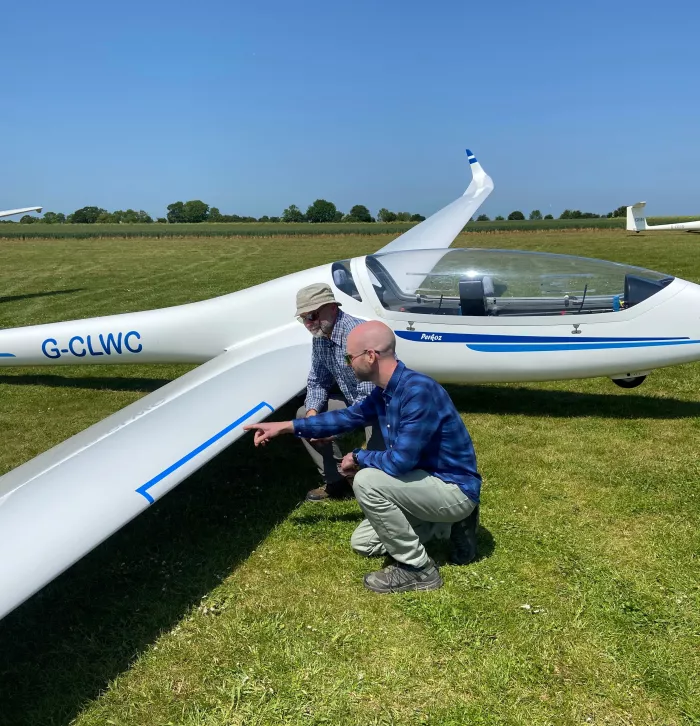
We are looking for innovative and nature-forward companies to support one of the UK's largest citizen science projects. If you want national recognition for your support, or your business has a fleet of vehicles that could help us capture crucial data, please contact us today.
The survey results showed that the number of recorded flying insects fell by 62.5% between 2021 and 2024. The rate of decline was slower between 2023 and 2024, but it is still a concerning reduction in the number of bug splats across the UK.
This change in insect splat rates from 2021 to 2024 was mirrored across all countries, with Scotland recording the greatest fall at 65%, Wales at 64%, England at 62% and Northern Ireland at 55% reduction across this period. There are various factors at play here, affecting our insect populations. The more data we can collect, the easier it will be to work out what the most important ones are and therefore which actions we can take to best help them bounce back. Thank you to those of you who have helped with the survey so far! We need even more of you to continue with this in future years to help us protect our precious insects.
Our new report, using crucial data collected from you, our citizen scientists, has shown the abundance of flying insects sampled on vehicle number plates has fallen by a staggering 78% in the UK between 2004 and 2023.
Is this happening all over the UK?
Yes – the new data from the 2023 survey shows decreases in insect splat rates across all counties of the UK. The sharpest fall was found in England at an 83% decrease between 2004 and 2023, followed by a 79% decrease in Wales and a 76% decrease in Scotland. Northern Ireland showed a 54% decrease in splat rate between 2021 and 2023.
Further analysis suggests insect numbers in Kent have declined by nearly 75% from 2004 to 2022
Just as the UK Government has announced it will permit the use of a banned pesticide in England, more analysis of the data from the Bugs Matter 2022 survey has shown that Kent is suffering higher rates of insect number declines compared to the UK as a whole.
Read more here and see the 2022 Kent Report
Across the UK...
Thanks to citizen scientists like you across the UK, Kent Wildlife Trust and Buglife have found a 64% decline in insect numbers sampled on vehicle number plates between 2004 and 2022 across the UK, highlighting the urgent need for more, large-scale research on insects, and action to reverse declines in their abundance.
The number of insects sampled on vehicle number plates by citizen scientists across the UK in 2021 decreased by a staggering 59% between 2004 and 2021.
Read the National Technical Report here
Read the National Summary Report here
In Kent, insect numbers have declined by a worrying 72% between 2004 and 2021.
These figures indicate a rapidly declining trend in insect abundance nationwide. These findings are consistent with research which has widely reported declining trends globally.
Our previous survey in 2019 showed there were 50% fewer insects squashed on car number plates in 2019 than in 2004 led by the RSPB.
By repeating the survey in Kent in 2019, Kent Wildlife Trust was able to compare the abundance of insects between these points in time. We found a significant difference in ‘splat density’ of approximately 50%, from an average of 0.2 splats per mile to 0.1 splats per mile.
Insects face mass extinction. They are a critical component of ecosystems and animal life is at risk. Without them, life on earth would simply collapse. Patterns and trends in insect numbers are nuanced however, and there is a need for more data to fully understand what is happening.
You can help by taking part in our survey as well as taking these simple actions at home:
Your help is needed to secure a sustainable future for insect life and for ourselves.

The troubling extent of insect declines in Kent has been highlighted once again by the results of the 2025 Bugs Matter citizen science survey published today
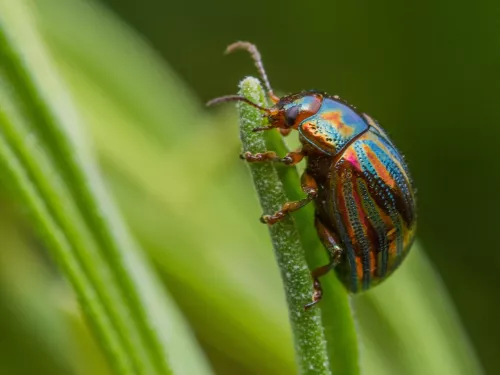
Since May, an army of citizen scientists has been embarking on a unique mission - counting bug splats on car number plates to help monitor the health of the UK and republic of Ireland’s insect populations.
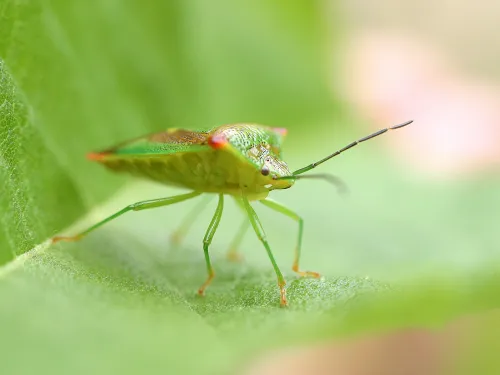
The Bugs Matter survey determined bug splats on number plates have fallen by 67% since the app was launched in 2021. Conservationists describe the outlook for Kent as “seriously concerning” but acknowledge that more data is required to determine…
Account Deletion
Bugs Matter data is stored in a secure online database called Coreo, which is hosted and managed by the project developer Natural Apptitude Ltd
In order to delete your Bugs Matter account, please visit the Account page in the app and use the "Delete Account" button.